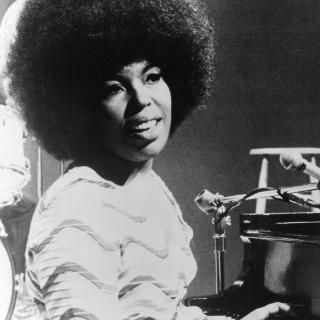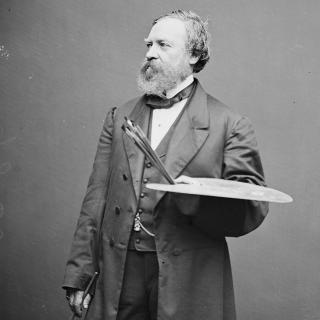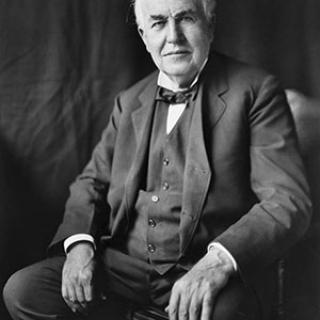The 1963 March on Washington Was a "Wake-up alarm to the nation"
Though he was the grandson of a Klansman, Bob Zellner realized at a young age that he didn’t agree with segregation. As a young man, he joined the Student Nonviolent Coordinating Committee (SNCC), and became the first white southerner to be a SNCC Field Secretary. In a time of high tensions, particularly in the Deep South, Zellner and his wife Dorothy held their ground as supporters of black freedom and desegregation. They traveled from Danville, Virginia for the March on Washington. Years later, Zellner remembered the experience.
I heard about the March during the planning stage, as a field secretary of SNCC. I was working in the summer of ’63 in bloody Danville, Virginia. I decided to attend because I thought it would be a good way to sum up all the suffering and brave work SNCC and the other organizations and individuals had been doing since the pace of civil rights agitation picked up following the February 1, 1960, lunch counter sit-ins in Greensboro, North Carolina.
My expectations were that the March would be a militant challenge to a foot-dragging government – an angry, yet jubilant wake-up alarm to the nation that black America and its allies were demanding jobs, justice, and freedom from a backward, vicious South and a genteel racist North that continued to allow the Civil War to remain unfinished.
My fondest memory was not of the ‘I Have a Dream’ speech, though that was memorable, but the image of the SNCC, CORE, SCLC, and NAACP kids, mostly SNCC, joining hands in a huge circle just below the speakers’ stand, and singing out hearts to the heights.
The impact the March had on me was that it provided dramatic proof that the sometimes quiet and always dangerous work we did in the Deep South had had a profound national impact. The spectacle of a quarter of million supporters and activists gave me an assurance that the work I was in the process of dedicating my life to was worth doing.
Zellner is the author of the book The Wrong Side of Murder Creek: A White Southerner in the Freedom Movement, which details his life and contributions to SNCC and the black freedom movement.
Source:
Bass, Patrik Henry Like a Mighty Storm: The March on Washington, August 28, 1963, Philadelphia: Running Press, 2002.



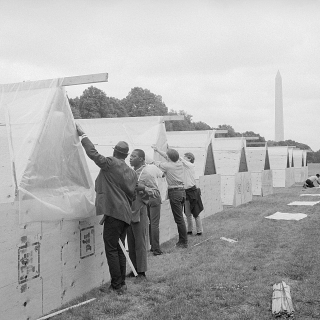
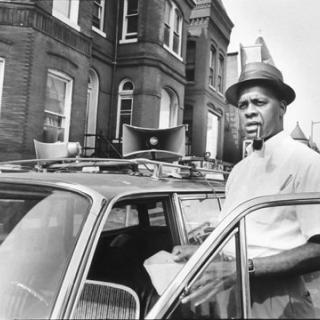
![Sketch of the mythical fuan by Pearson Scott Foresman. [Source: Wikipedia]](/sites/default/files/styles/crop_320x320/public/2023-10/Goatman_Wikipedia_Faun_2_%28PSF%29.png?h=64a074ff&itok=C9Qh-PE1)







